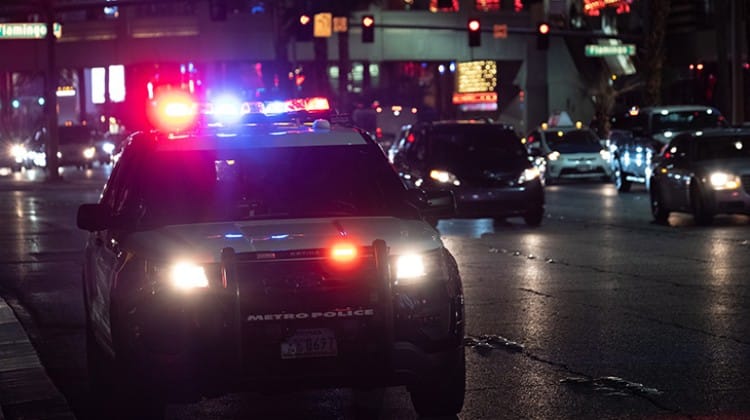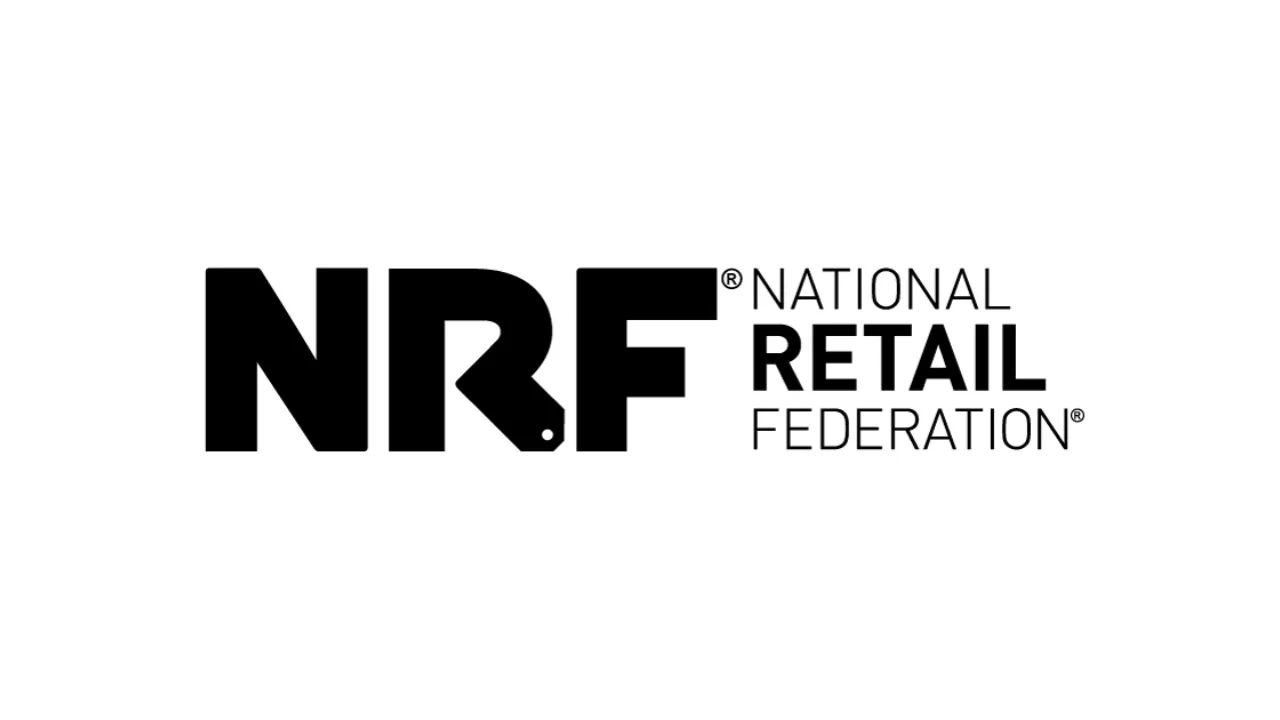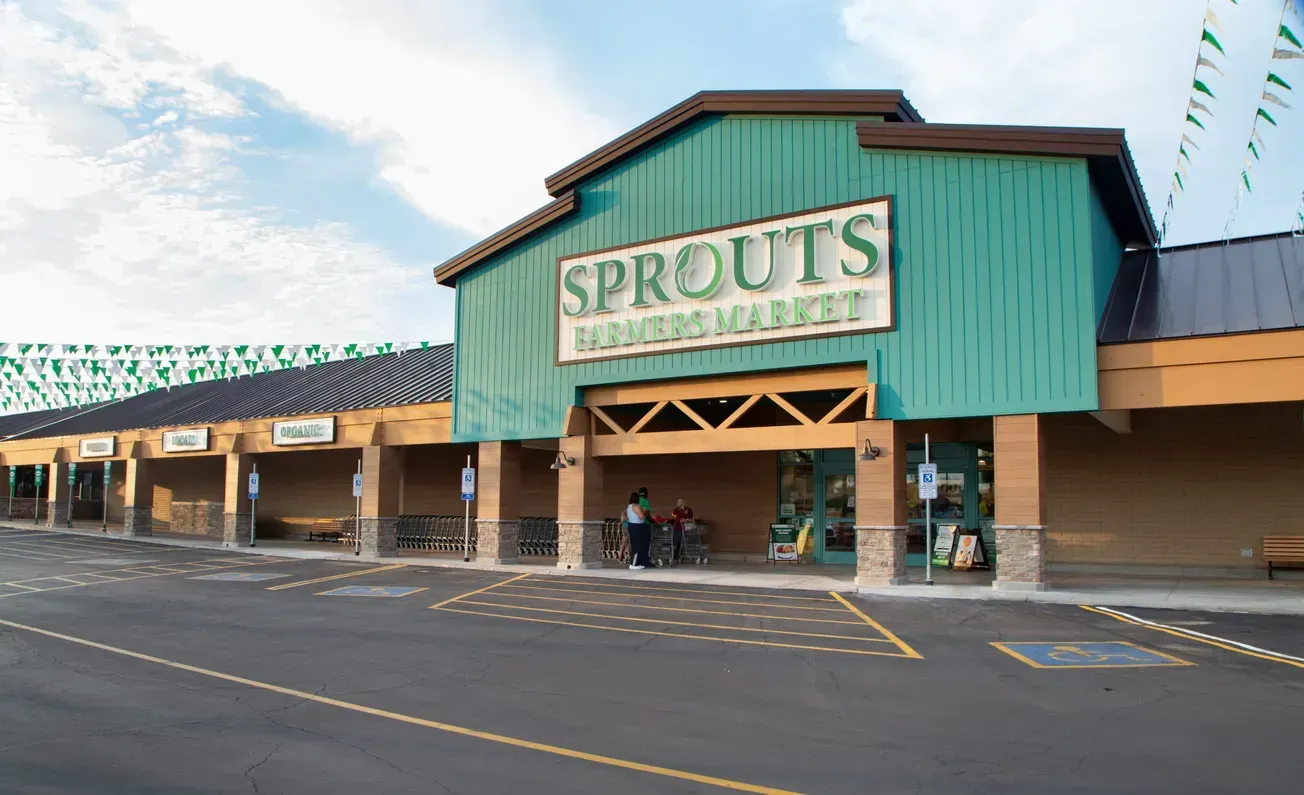WASHINGTON – An “unprecedented” level of theft cost retailers more than $112 billion when taken as a percentage of total sales in 2022, according to a survey released today by the National Retail Federation.

“Retailers are seeing unprecedented levels of theft coupled with rampant crime in their stores, and the situation is only becoming more dire,” commented David Johnson, vice president for asset protection and retail operations at NRF. “Far beyond the financial impact of these crimes, the violence and concerns over safety continue to be the priority for all retailers, regardless of size or category.”
According to the 2023 National Retail Security survey, the average shrink rate was 1.6% last year, up from 1.4% in 2021. On par with previous years, internal and external theft accounted for nearly two-thirds of retailers’ shrink, NRF said.
As retail crime continues to evolve in scope and sophistication, so are retailers’ prevention efforts, according to the survey.
“Retailers are piloting and implementing a number of loss-prevention practices to deter, prevent and mitigate these substantial losses,” said Read Hayes, a University of Florida research scientist and the director of the Loss Prevention Research Council. “In addition to enhancing traditional security measures, many are also allocating resources to innovative emerging technologies for future prevention.”
When asked about resource allocation to address risks, 34% of respondents said they have increased internal payroll, while 46% have increased the use of third-party security personnel. Slightly more than half said they increased their technology and software-solution budgets. With violence being one of the most concerning risks, 54% have increased or are increasing employee workplace violence training.
Retailers reported being forced to close a specific store location (28%), reduce operating hours (45%) or reduce or alter in-store product selection (30%) as a direct result of retail crime.
Support for federal legislation to combat organized retail crime
Policy reform is a “critical component” of the retail industry’s efforts to combat organized retail crime, the NRF said, and nearly all of the survey respondents support federal legislation to address organized retail crime (ORC).
Retailers reported that ORC remains a significant concern due to heightened levels of violence. More than two-thirds (67%) of respondents said they were seeing even more violence and aggression from ORC perpetrators compared with a year ago.
As violence has increased, more retailers have opted to enforce a “hands off” approach in the apprehension of shoplifters, NRF said.
While ORC groups have traditionally targeted specific items or types of goods, that list has expanded to new categories like outerwear, batteries, energy drinks, designer footwear and kitchen accessories.
The 2023 National Retail Security Survey was conducted online among senior loss prevention and security executives in the retail industry. This year’s results contain insights from 177 retail brands, which accounted for $1.6 trillion of annual retail sales in 2022, and represent more than 97,000 retail locations across the United States. The study was done in partnership with the Loss Prevention Research Council and is sponsored by Appriss Retail.





